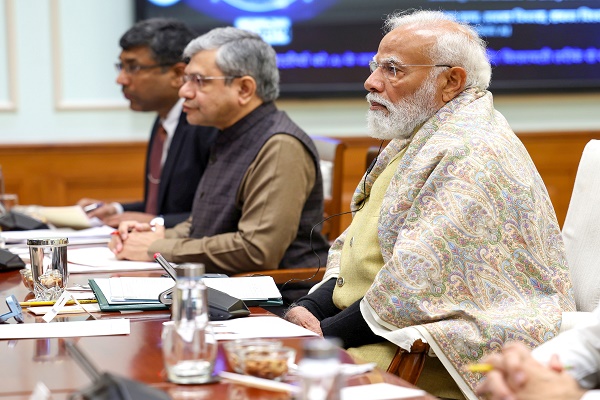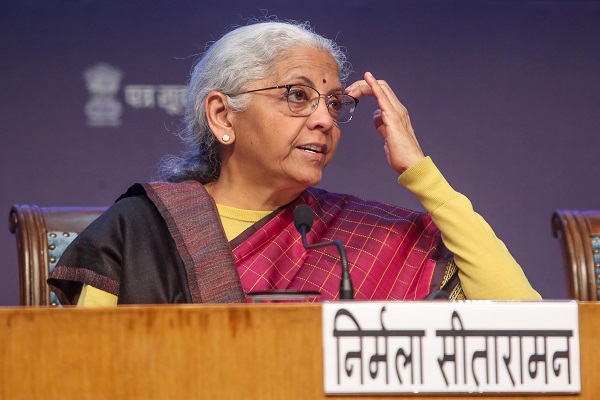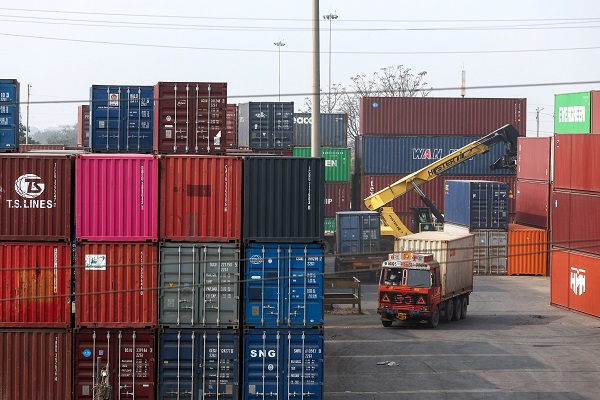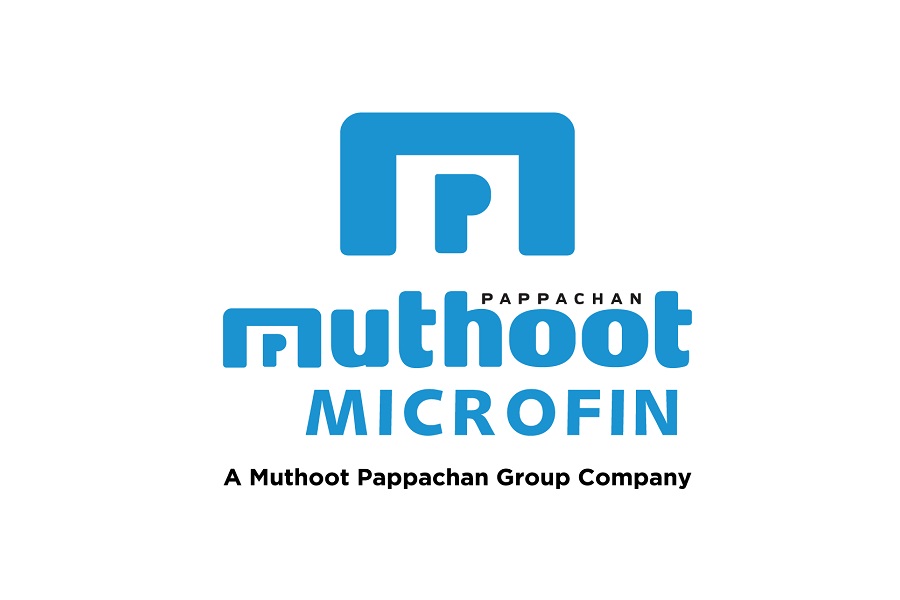Global Report Reveals DevOps Automation is Becoming a Strategic Imperative for Large Organizations, but Only 38% Have a Clear Strategy for Implementing It

Dynatrace (NYSE: DT), the leader in unified observability and security, today announced the findings of an independent global survey of 450 IT practitioners responsible for DevOps and security automation in large organizations. The research reveals that organizations’ investments in DevOps automation are delivering significant benefits, including a 61% improvement in software quality, a 57% reduction in deployment failures, and a 55% decrease in IT costs. In most organizations, however, DevOps automation practices remain in the early stages of maturity. The absence of a clearly defined strategy for DevOps automation, the prevalence of toolchain complexity, and the challenges of analyzing observability and security data are holding them back from realizing the full impact of their investments. This research underscores the need for data-driven and AI-powered automation practices that enable organizations to be more responsive to business needs.
The complimentary Dynatrace 2023 DevOps Automation Pulse Report is available for download. In addition, organizations are invited to take the Dynatrace DevOps automation assessment to understand the maturity of their practices.
Findings from the research include:
* In the next 12 months, organizations are investing in DevOps automation to support security and compliance management (55%), infrastructure provisioning and management (52%), and performance optimization (51%).
* However, only 38% of organizations have a clearly defined DevOps automation strategy to inform these investments.
* On average, organizations have succeeded in automating just over half (56%) of their end-to-end DevOps lifecycle.
* The average organization relies on more than seven different tools for DevOps automation.
* The biggest barriers preventing organizations from automating new DevOps use cases are security concerns (54%), difficulty operationalizing data (54%), and toolchain complexity (53%).
“As more organizations embrace cloud-native software delivery, DevOps automation has evolved to become a strategic imperative,” said Bernd Greifeneder, Chief Technology Officer at Dynatrace. “The prevalence of Kubernetes architectures and technology stacks that have surpassed human ability to manage are driving the need for automated ecosystem orchestration and protection. Organizations are attempting to meet this need by building and managing automation scripts using a growing array of open source tooling bolted together with DIY approaches and manual effort. However, the cracks are starting to show in this fragmented approach. Teams are entrenched in data silos, isolated pockets of automation, and reactive and manually intensive operations and security efforts. They urgently need a unified, AI-backed approach to DevOps automation, or it will be impossible to accelerate innovation while maintaining software quality and security.”
Additional research findings include:
* 71% of organizations use observability data and insights to drive automation decisions and improvements in DevOps workflows.
* However, 85% of organizations face challenges using observability and security data to drive DevOps automation.
* The top three challenges facing organizations include inaccessible data (51%), siloed data (43%), and the need for data to flow through many systems to be analyzed (41%).
* 54% of organizations are investing in platforms to enable easier integration of tools and collaboration between teams involved in automation projects.
* 59% of organizations expect large language models (LLMs), such as ChatGPT and Bard, to have a significant impact on their DevOps automation capabilities, with the top three benefits including increased productivity and reduced manual effort (57%), improved development, security, and operations collaboration (56%), and enabling teams to generate code automatically (48%
“Data-driven automation is the key to unlocking innovation and meeting customer expectations in the cloud-native era,” continued Greifeneder. “This requires a platform that can handle the huge volume and variety of data generated by cloud-native stacks and uses AI to provide accurate and actionable insights for DevOps automation. Unlike traditional AI techniques that are limited in scope and applicability, platforms that combine predictive, causal, and generative techniques can excel in specific capabilities to address different DevOps automation use cases. This way, teams maximize the value of their data, eliminate data silos, and can automate DevOps processes with confidence.”
The report is based on a global survey of 450 IT practitioners responsible for DevOps and security automation in large organizations, including 150 in the U.S., 150 across EMEA, and 150 in Asia Pacific. The research was conducted by Coleman Parkes and commissioned by Dynatrace.
Above views are of the author and not of the website kindly read disclaimer




















